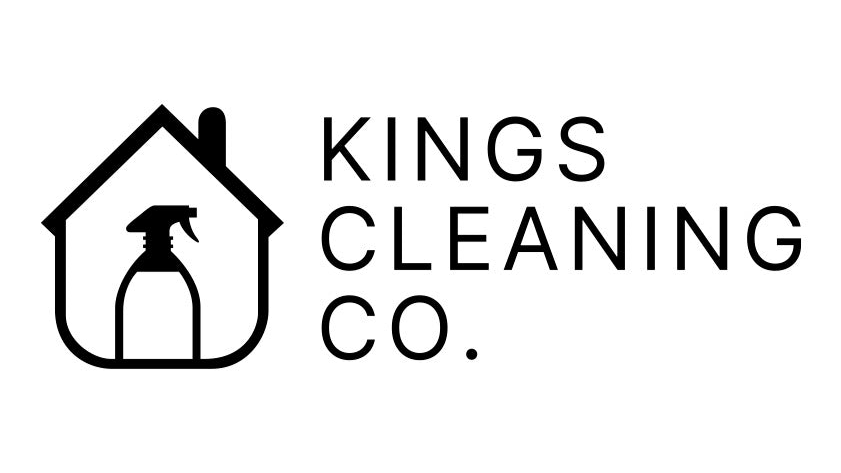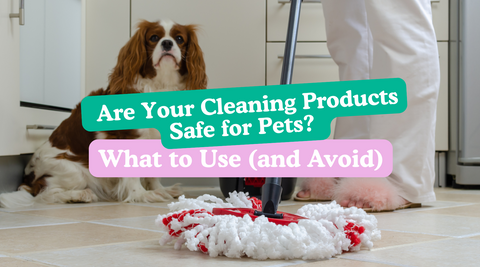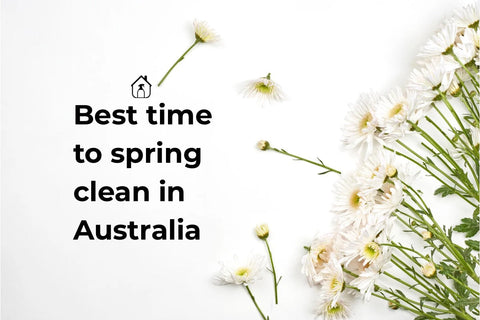Our pets live at floor level. Dogs, cats, rabbits have their noses just 20–30 cm off the ground, right where our cleaning chemicals settle.
Add to that their supercharged sense of smell with dogs having 125–300 million scent receptors (up to 100,000× stronger than us) and cats have 45–200 million (about 9–16× stronger than us) and it’s easy to see why what smells “fresh” to us can overwhelm or even poison them.
⚠️ Hidden Hazards And What We Should Avoid
-
Quats (quaternary ammonium compounds) → Found in “99.9% germ-kill” sprays and wipes. Effective against bacteria, but toxic if pets lick or walk across before surfaces are fully dry.
-
Phenols → Common in hospital-grade cleaners. Strong disinfectant, but corrosive; dangerous if residue lingers on floors or benches.
-
Bleach & ammonia → Vapours can irritate lungs; residues burn paws and noses.
-
Essential oils & fragrances → Eucalyptus, tea tree, citrus, pine — natural for us, harmful for cats and small pets. Leaving invisible residues pets absorb through paws and grooming.
If you wouldn’t eat off a surface after cleaning it, your pets shouldn’t walk or lick there.
🐾 Real Client Experiences
Over the years, clients have told us about some terrible experiences when using everyday cleaners around pets.
One family mopped their kitchen floor with a “99.9% germ-kill” solution and let the dog back in straight away. Within minutes, he was licking his paws and drooling. By that evening, his paw pads were red and blistered, the vet diagnosed chemical burns from the residue left behind.
Another client shared how their cat jumped up on a bench sprayed with a citrus-scented disinfectant. After licking the surface, the cat began vomiting and became lethargic. The vet confirmed essential oil toxicity, caused by nothing more than a thin layer of residue.
👉 These are the kinds of stories that remind us why residue-free, pet-safe cleaning isn’t marketing, it’s essential for animal health.
What Should Pet Owners Should Do?
-
Check ingredients, not just labels. Don’t assume “multi-surface” means safe for pets.
-
Ask the manufacturer if you’re unsure.
-
Keep pets out while cleaning, ventilate, and let surfaces dry completely.
-
Seek help fast if your pet shows drooling, vomiting, red paws, or breathing trouble → go straight to your vet/call the Animal Poisons Helpline (AU: 1300 869 738).
-
Choose safe products like Kings probiotic & enzyme cleaner: it breaks down odours and mess naturally, without leaving harmful residues.
 Key point to remember: Pets live and breathe at ground level with noses far stronger than ours. The safest clean is one that leaves nothing behind for them to inhale or lick.
Key point to remember: Pets live and breathe at ground level with noses far stronger than ours. The safest clean is one that leaves nothing behind for them to inhale or lick.





Comments (0)
There are no comments for this article. Be the first one to leave a message!